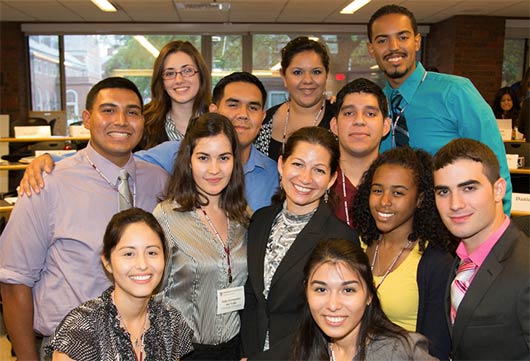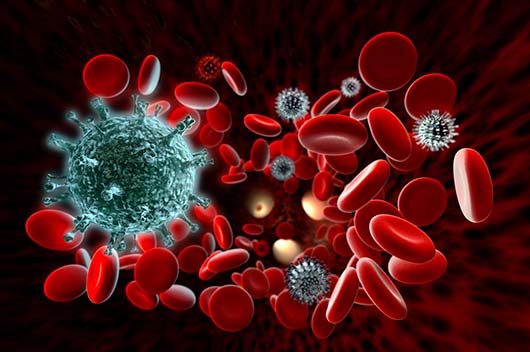
A very long time ago, I decided that the day I died, I wanted to have my organs donated. Perhaps it was remembering loved ones that died waiting for an organ, coupled with the fact that a close member of my family was saved by a bone marrow transplant. I also wondered, what is the point of having those organs go to waste, to decay after death? Those organs could save many lives. Most of us don’t think about these things, because we don’t like to plan for death. Perhaps we think that we make happen sooner if we even talk about it! I’d argue that organ donation is not about death, but rather about giving the gift of life when you pass on. Becoming an organ donor is giving families the possibility of having their loved ones around a bit longer.
ORGAN DONATION: THE FACTS
In the United States, 117,000 people are waiting for transplants and 45% of the population are registered organ donors. It is important to demystify organ donation, especially in minority communities where organ donors are needed. According to the Office of Minority Health, Minorities overall have a particularly high need for organ transplants because some diseases of the kidney, heart, lung, pancreas, and liver are found more frequently in racial and ethnic minority populations than in the general population. In Hispanic communities, there are high rates of diabetes, renal disease and heart disease for example. These illnesses can lead to organ failure.
According to OrganDonor.gov, in the United States:
- Minorities make up more than half of people waiting for a transplant.
- An organ donor can save 8 lives.
- 18% of people waiting for transplants are Hispanic American.
- In 2012, 13% of organ donors were Hispanic.
- Each day 18 people will die waiting for a transplant.
Read related: 10 Reasons Why You Need a Will
ORGAN DONATION: HOW DO YOU DO IT?
In some countries, such as Spain, organ donation is an “opt out” process, which means that unless you object and express so, you are automatically opted in (or, give “presumed consent”) to become an organ donor if you die. In other countries, such as the United States and the U.K., you must OPT-IN, which means you must actively seek out to become an organ donor, by signing a form, or registering somewhere, at a DMV for example.
Why should you do it? You’re giving the gift of life! An organ donor can save up to eight lives! Out of the sadness and grief that comes from death, this is an opportunity to turn it into life and joy. Some might hesitate because they think there is a cost involved; however, organ donation does not cost anything to your family. Also, organ donation does not affect a donor’s ability to have an open casket if desired; utmost care is taken in preserving the body. If you decide to become an organ donor, speak to your family about your wishes. Research has shown that regardless of whether or not you become an organ donor, doctors will seek familial consent. You can also put your wishes regarding organ donation in a health proxy or a will. You can state what organs you would like to donate, and for what purpose. For more information on organ donation, I encourage you to visit OrganDonor.Gov and read about how to register to become an organ donor.











